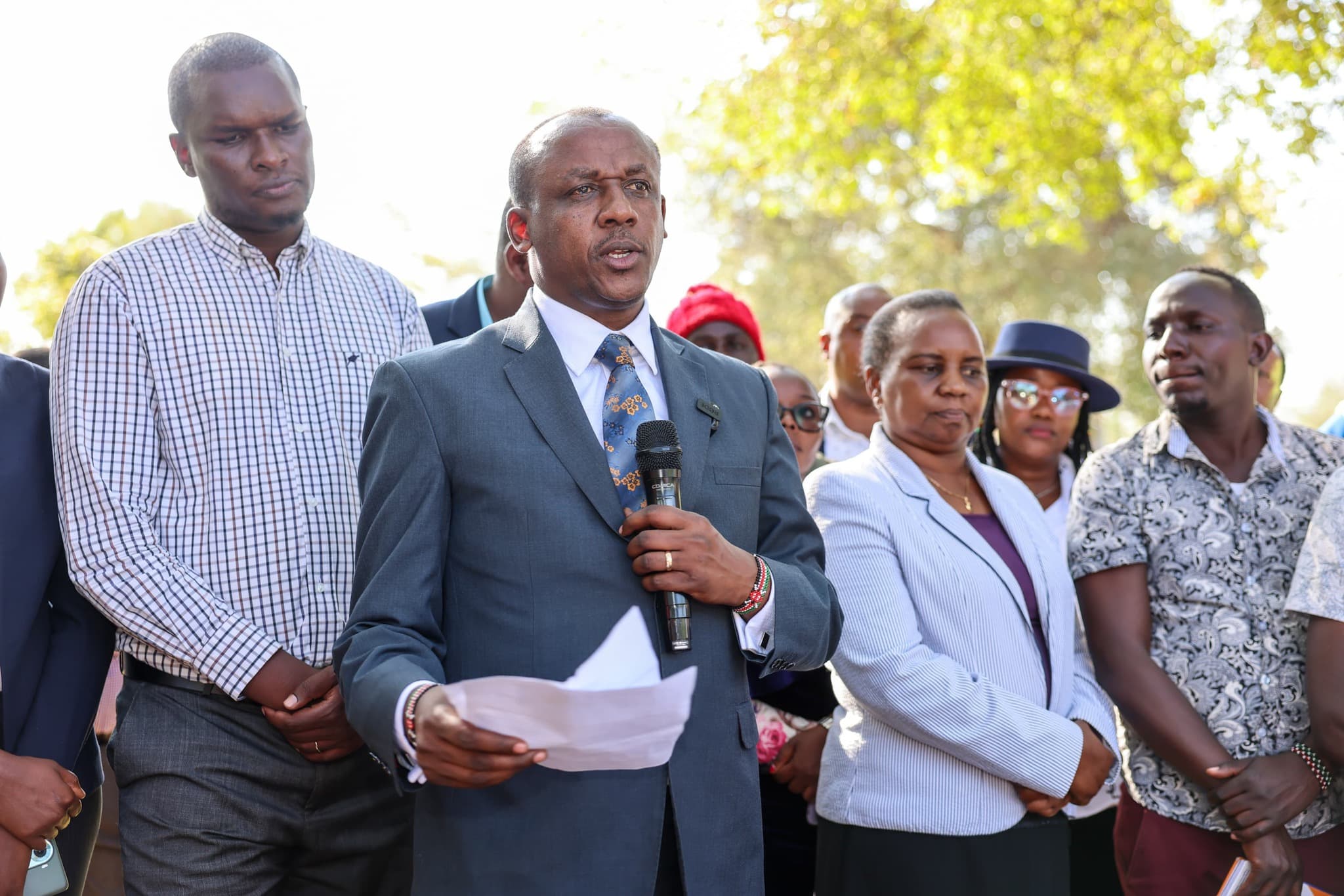We're loading the full news article for you. This includes the article content, images, author information, and related articles.
A 40-year-old boda boda rider, Eric Tonui Koros, has died while in police custody in Solai, Nakuru County, after being arrested over an alleged Ksh8,000 debt, raising concerns about police conduct and the legality of detaining individuals for civil debts.

The death of Eric Tonui Koros, a 40-year-old boda boda rider, in police custody at Solai ACC Police Post in Nakuru County has sparked outrage and calls for investigation. Koros was reportedly arrested on Tuesday, October 7, 2025, for failing to pay a debt of Ksh8,000.
Hussein Khalid, the Chief Executive Officer of Vocal Africa, a human rights organisation, brought the incident to public attention through a post on Friday, October 10, 2025. Khalid, a prominent human rights defender, has previously served as the Executive Director of Haki Africa and is known for his advocacy against human rights violations in Kenya.
Deaths in police custody remain a significant concern in Kenya, with human rights organisations consistently highlighting cases of alleged police brutality and extrajudicial killings. The Independent Policing Oversight Authority (IPOA) was established in November 2011 to provide civilian oversight of the police service and enhance accountability. IPOA's mandate includes investigating complaints against police officers, monitoring police operations, and inspecting detention facilities to ensure human rights are upheld.
Despite IPOA's role, challenges persist. In September 2024, IPOA's CEO, Elma Halake, stated that a lack of cooperation from the National Police Service (NPS) often hinders investigations into police misconduct. This lack of cooperation can delay justice for victims and their families.
Kenyan law generally prohibits imprisonment for civil debts. While a person cannot be jailed for a civil debt, exceptions exist, such as contempt of court for disobeying a court order related to debt payment, or if the debt arose from a criminal offense like fraud. The use of police to collect civil debts is illegal and constitutes an abuse of power. Creditors are expected to seek recourse through the courts, not through police intervention.
The family of Eric Tonui Koros is seeking justice and has alleged a cover-up by the police. Relatives stated that Koros showed no signs of distress before his arrest. The police, however, have claimed that Koros died by suicide while in custody. The body has been moved to Nakuru City Mortuary, and the family intends to conduct a post-mortem to ascertain the cause of death.
Human rights activists, including Hussein Khalid, have consistently called for transparency and accountability in cases of deaths in police custody. Vocal Africa's role in publicising this incident underscores the ongoing efforts by civil society to advocate for police reform and adherence to human rights standards.
The death of Eric Tonui Koros highlights the persistent issue of deaths in police custody and the potential for abuse of power by law enforcement. Such incidents erode public trust in the National Police Service and undermine efforts to promote human rights and the rule of law. If police are perceived to be acting as debt collectors, it could lead to further instances of illegal detentions and potentially tragic outcomes.
The exact circumstances surrounding Koros's death remain unclear. The police narrative of suicide is contested by his family, who suspect a cover-up. A post-mortem examination is expected to provide crucial information, but the findings will need to be independently verified to ensure transparency.
Eric Tonui Koros was arrested on Tuesday, October 7, 2025, and his death in custody was reported on Friday, October 10, 2025. The Independent Policing Oversight Authority (IPOA) is expected to launch an investigation into the matter. The family's pursuit of a post-mortem examination is a critical next step in establishing the cause of death.
The public will be closely watching the outcome of IPOA's investigation and the results of the post-mortem examination. The actions taken against any officers found culpable will be crucial in demonstrating the government's commitment to police accountability. The broader debate on police reform and the enforcement of laws against illegal detention for civil debts is also expected to continue.
This incident echoes previous cases of deaths in police custody that have drawn public condemnation and calls for justice. The Independent Policing Oversight Authority frequently investigates such cases, and their reports often highlight systemic issues within the police service.
Keep the conversation in one place—threads here stay linked to the story and in the forums.
Sign in to start a discussion
Start a conversation about this story and keep it linked here.
Other hot threads
E-sports and Gaming Community in Kenya
Active 9 months ago
The Role of Technology in Modern Agriculture (AgriTech)
Active 9 months ago
Popular Recreational Activities Across Counties
Active 9 months ago
Investing in Youth Sports Development Programs
Active 9 months ago
Key figures and persons of interest featured in this article